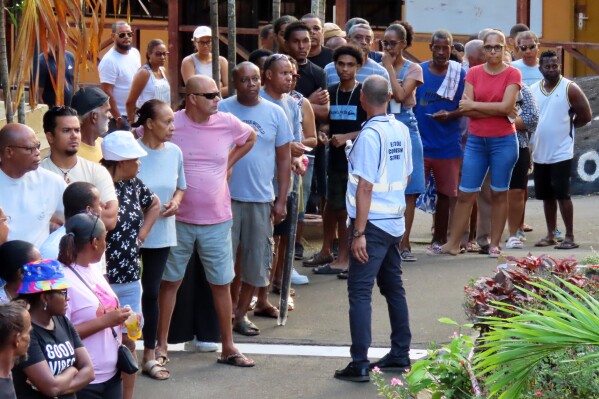Seychelles will head back to the polls after its presidential election produced no outright winner, the country’s electoral authority confirmed on Sunday.
Opposition candidate Patrick Herminie of the United Seychelles party received 48.8% of the vote, while incumbent President Wavel Ramkalawan, representing the Linyon Demokratik Seselwa (LDS) party, secured 46.4%. Under the country’s laws, a candidate must win more than 50% of the vote to be declared president. The date of the rerun election has not yet been announced.
Herminie’s party, United Seychelles, held power for over four decades, from 1977 until losing to Ramkalawan in 2020. His campaign has tapped into rising dissatisfaction with the current government, while Ramkalawan is seeking a second term, focusing on economic recovery, social development, and environmental sustainability.
Key Issues at Stake
The campaign period was shaped by several divisive issues:
- Land and Sovereignty: A government lease agreement granting a Qatari company rights to develop a luxury resort on Assomption Island has sparked protests. Critics argue the deal compromises Seychelles’ sovereignty and prioritizes foreign interests.
- Climate Change Vulnerability: With its 115 islands spread across the Indian Ocean, Seychelles remains one of the most climate-vulnerable nations in the world, facing rising sea levels and environmental threats.
- Drug Crisis: The island nation continues to grapple with one of the highest heroin addiction rates globally. Around 6,000 people, nearly 10% of the population, are estimated to be affected.
Looking Ahead
The rerun will be a crucial test of Seychelles’ democracy. For Herminie, it represents a chance to restore his party’s dominance after five years in opposition. For Ramkalawan, it is a fight to maintain momentum for his reform agenda and prevent United Seychelles’ return to power.
With economic, environmental, and social issues weighing heavily, voters are expected to make a decisive choice in the upcoming round.

